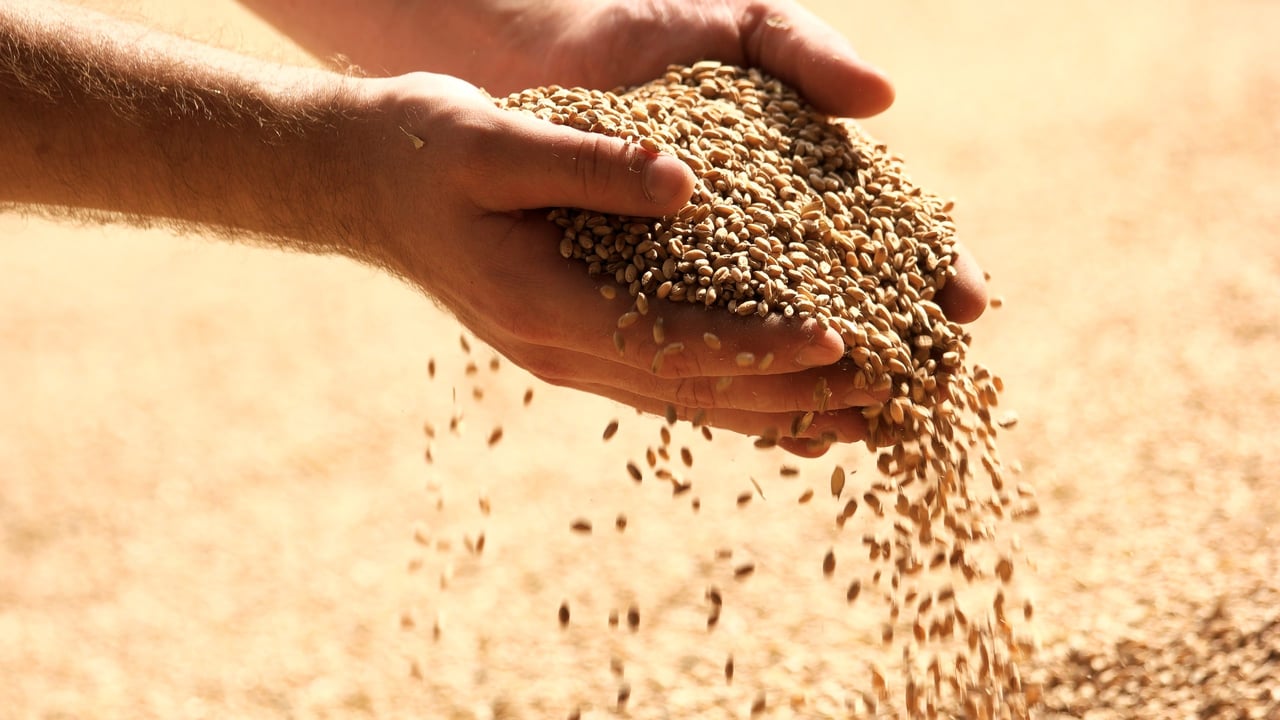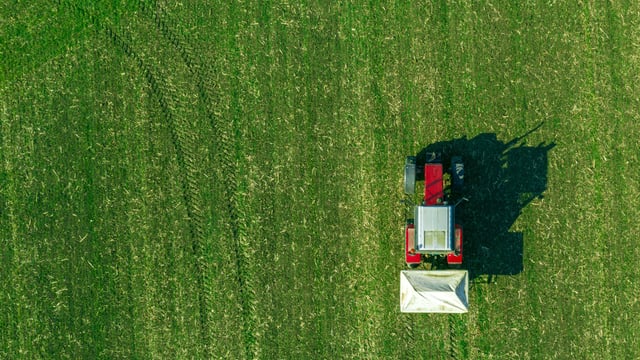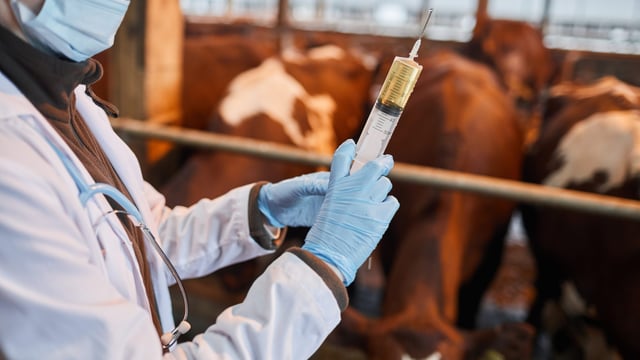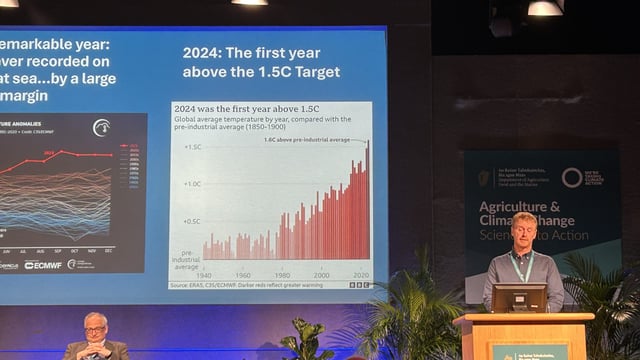Latest data shows decline in EU cereal exports
EU agri-food exports rose to €19.6 billion in February 2025, slightly up from the previous month and compared to a year earlier.
The latest agri-food trade report published by the European Commission shows that export growth was driven by high prices for cocoa and coffee, while cereal exports declined.
Imports dropped by 5% month-on-month to €15.2 billion but remained significantly higher than in February 2024 due to elevated global prices.
As a result, the EU’s agri-food trade surplus rebounded to €4.4 billion.
Exports
EU agri-food exports reached €19.6 billion in February 2025, marking a 3% monthly increase and a 1.4% rise compared to February 2024.
Over the first two months of the year, exports were €984 million higher than the same period in 2024.
The United Kingdom (UK) remained the top destination, with a €322 million increase (+4%), driven by higher exports of cocoa, coffee products, and protein crops.
Strong price increases for cocoa and coffee supported EU agri-food exports at the start of 2025.
Cocoa-related products led the growth by €758 million (+52%), followed by confectionery (€329 million, +19%), and dairy (€158 million, +5%).
However, cereals exports saw a drop due to falling volumes (€767 million, -30%). Exports of preparations of fruit, nuts and vegetables decreased due to reduced volumes, and olive oil exports declined, mainly due to easing prices.
Imports
EU agri-food imports were €15.2 billion in February 2025, down 5% from January but still 15% higher above last year’s levels due to high global prices, especially for cocoa and coffee.
Imports from Cote d’Ivoire (€733 million, +73%), China (€447 million, +32%), Canada (€344 million, +80%), and Australia (€330 million, +149%) rose sharply, reflecting increased volumes and prices for key commodities.
High prices for cocoa, coffee, fruit and nuts pushed EU import values higher in early 2025.
Cocoa and coffee alone accounted for a €2.5 billion increase (+59%), while fruit and nuts added another €772 million (+20%).
Imports of oilseeds and olive oil declined, mainly due to falling prices, while those of sugar decreased, mainly due to reduced volumes.











